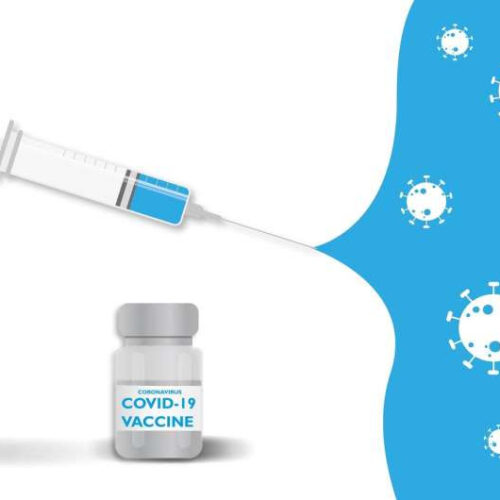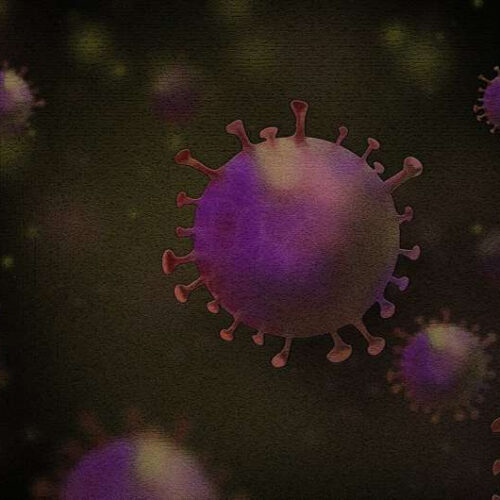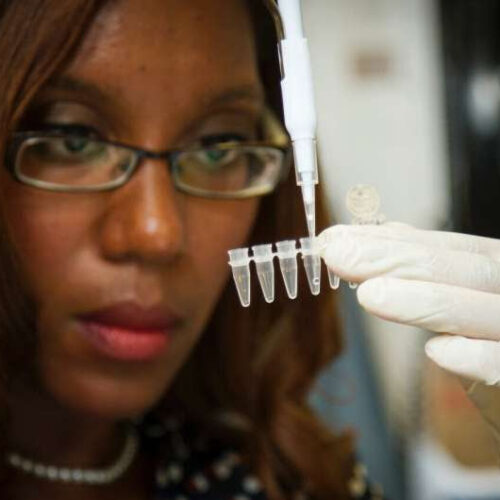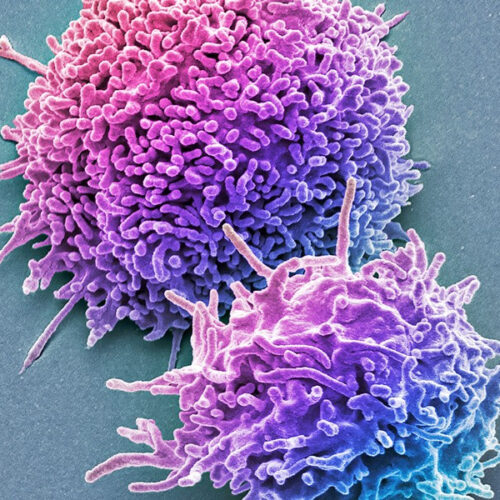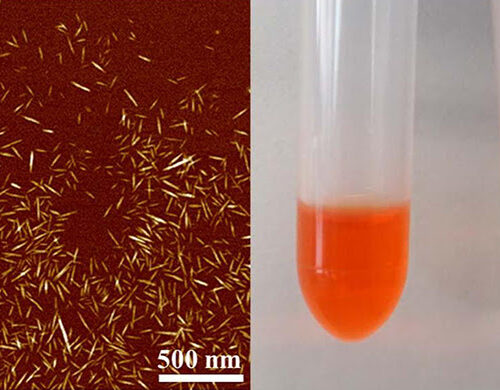by Molly Rosbach, Oregon State University Credit: CC0 Public Domain As adults age, it’s common to start thinking about how getting older affects their energy, physical health, and cognitive well-being. But dwelling on negative aspects of aging can have a measurable negative impact on your physical health and ability to respond to stress, a recent study from Oregon...
Study shows COVID-19 vaccines offer lasting protection
by University of North Carolina at Chapel Hill Credit: Pixabay/CC0 Public Domain Vaccination offers long-lasting protection from the worst outcomes of COVID-19, according to a new study by the University of North Carolina at Chapel Hill. The emergence of the delta and omicron variants has raised questions about whether breakthrough infections are caused by waning immunity or...
Largest study to date on delta-8-THC finds users say it’s delta-9’s ‘nicer younger sibling’
by David J. Hill, University at Buffalo Credit: CC0 Public Domain It’s everywhere from gas stations to grocery stores and trendy boutique shops, all advertising the availability of “delta-8-THC.” It’s a hemp-derived cousin of delta-9-tetrahydrocannabinol (THC)—more commonly known as cannabis—the active ingredient in the cannabis plant that provides the “high” people feel after using it....
Reduced hospitalization risk, shorter stays for Omicron patients: US study
Credit: Pixabay/CC0 Public Domain A preliminary US study of nearly 70,000 COVID positive people showed a substantially reduced risk of hospitalization and death from Omicron even after controlling for growing population immunity levels. People infected with Omicron were half as likely to be hospitalized, about 75 percent less likely to need intensive care, and around...
Fastest DNA sequencing technique helps undiagnosed patients find answers in mere hours
by Stanford University Medical Center Credit: Unsplash/CC0 Public Domain A new ultra-rapid genome sequencing approach developed by Stanford Medicine scientists and their collaborators was used to diagnose rare genetic diseases in an average of eight hours—a feat that’s nearly unheard of in standard clinical care. “A few weeks is what most clinicians call ‘rapid’ when...
‘Killer’ immune cells still recognize Omicron variant
Heidi Ledford T cells (seen in this scanning electron microscope image) from people who have been vaccinated or recovered from COVID-19 can recognize and target the Omicron variant.Credit: Steve Gschmeissner/SPL When immunologists Wendy Burgers and Catherine Riou heard about the Omicron coronavirus variant last November, they knew they would need to find the answers to...
Team Shows How Memories Are Stored in The Brain, With Potential Impact on Conditions Like PTSD
Fish that glow; a tailor-made microscope; a new way to catalog science. After six years, researchers produce the first snapshots of memory in a living animal. What physical changes occur in the brain when a memory is made? A team of researchers at the University of Southern California has, for the first time, answered this...
Outwitting Omicron
Graduate student Zach Aralis develops a rapid test for the COVID-19 Omicron variant. Speed is everything in the race against COVID-19’s Omicron variant, the fastest version of the virus we’ve seen to date. Its dizzying rise to dominance in the United States threatens to overwhelm our already beleaguered healthcare system, as physicians across the country grapple...
Hairy Nanocrystals Capture Chemo Drugs
JANUARY 12TH, 2022 CONN HASTINGS MATERIALS, MEDICINE, NANOMEDICINE, ONCOLOGY Researchers at Penn State working with collaborators have developed a nanomaterial that can ‘mop up’ chemotherapeutics in the bloodstream, helping to reduce off-target effects. The technology is intended for use in situations where a chemotherapeutic can be delivered precisely to the site of a tumor, and not...
Genetic Therapies for Brain Diseases
By Diana Kwon, Nature magazine on May 13, 2021 Evie Lewis with her parents, Elliot and Janell. Evie receives a dose of a genetic therapy every few months to treat spinal muscular atrophy. Credit: Kim Raff Nature Susan was still a child when she first suspected something might be wrong with her mother. A cup or plate would often crash...

